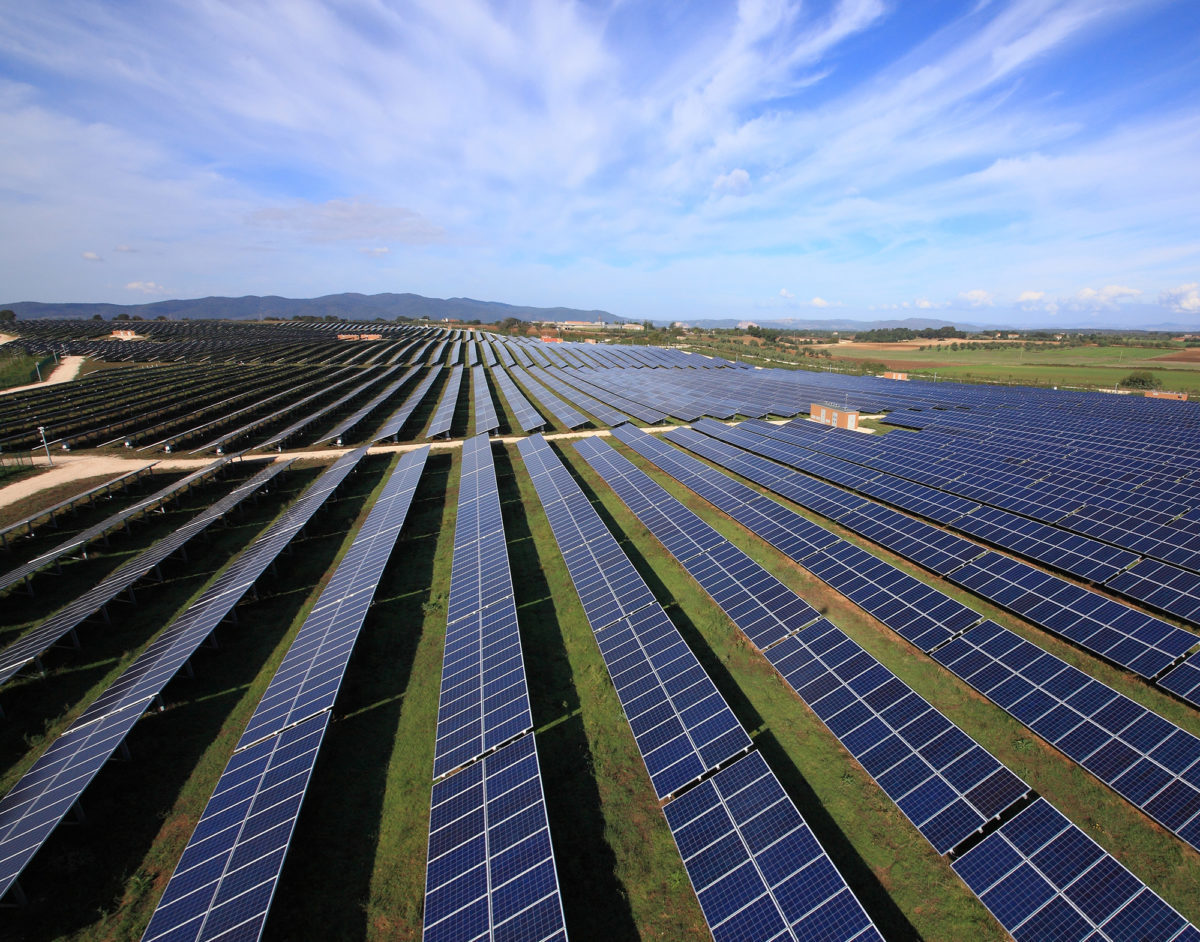Global corporate funding of solar reached $4.6 billion in the first half of 2017, but clouds on the horizon caused those numbers to dip in the second quarter, signaling that uncertainty in the market is causing companies to slow their investments, according to a new report out today from Mercom Capital Group.
The good news? A combination of venture capital funding, public market and debt financing reached $4.6 billion, approximately $100 million more than the same period in 2016, and the number of deals increased 23% over 2016.
The not great news? The money flowing into solar dropped from the first quarter to the second, falling 56% from $3.2 billion to $1.4 billion. Worse? The second quarter investment fell around 17% lower in a year-over-year comparison in 2016 from $1.7 billion. The number of deals dropped 38% in the second quarter from 60 to 37.
According to Raj Prabhu, CEO of Mercom, said uncertainty in the global solar market is at least partly driven by the pending outcome of Suniva's Section 201 trade case in the United States.
“Solar public companies, especially on the U.S. stock markets, have done well this year,” Prabhu said. “A lot is riding on how the Suniva anti-dumping case plays out as it will dictate market dynamics going forward.”
Global venture capital investments increased 23% to $713 million from $579 million in the first half of 2016, fueled largely by 2017's strong first quarter. Public market funding grew a staggering 238% from $276 million in 2016 to $934 million in 2017 – and unlike other funding mechanisms, it didn't shrink in the second quarter, rising nearly 3% from $473 million to $461 million.
Debt financing in the first half of 2017 was down $700 million to $3 billion over last year, and the second quarter saw a brutal decline from last year, falling nearly 70% from $2.2 billion to $700 million.
This article was edited on July 11, 2017 at 12:34 pm ET to reflect in two places that the conversation was about the first half of the year, not the first quarter. The editor regrets the error.
This content is protected by copyright and may not be reused. If you want to cooperate with us and would like to reuse some of our content, please contact: editors@pv-magazine.com.



At the Western States Lobby day in Washington DC in June, SEIA made it clear to the Senators and Representatives that we were able to meet with, that Suniva’s petition under Section 201 and 202 of the Trade ACT of 1974 is unique because it is NOT in fact an Anti-Dumping case. Suniva’s petition falls under “global safegaurd” law, requiring the ITC to to simply find out if there has been “serious injury” to an American industry. Even though you were quoting the CEO of Mercom as calling this an “Anti-Dumping case” I would update and clarify the difference to your readers.